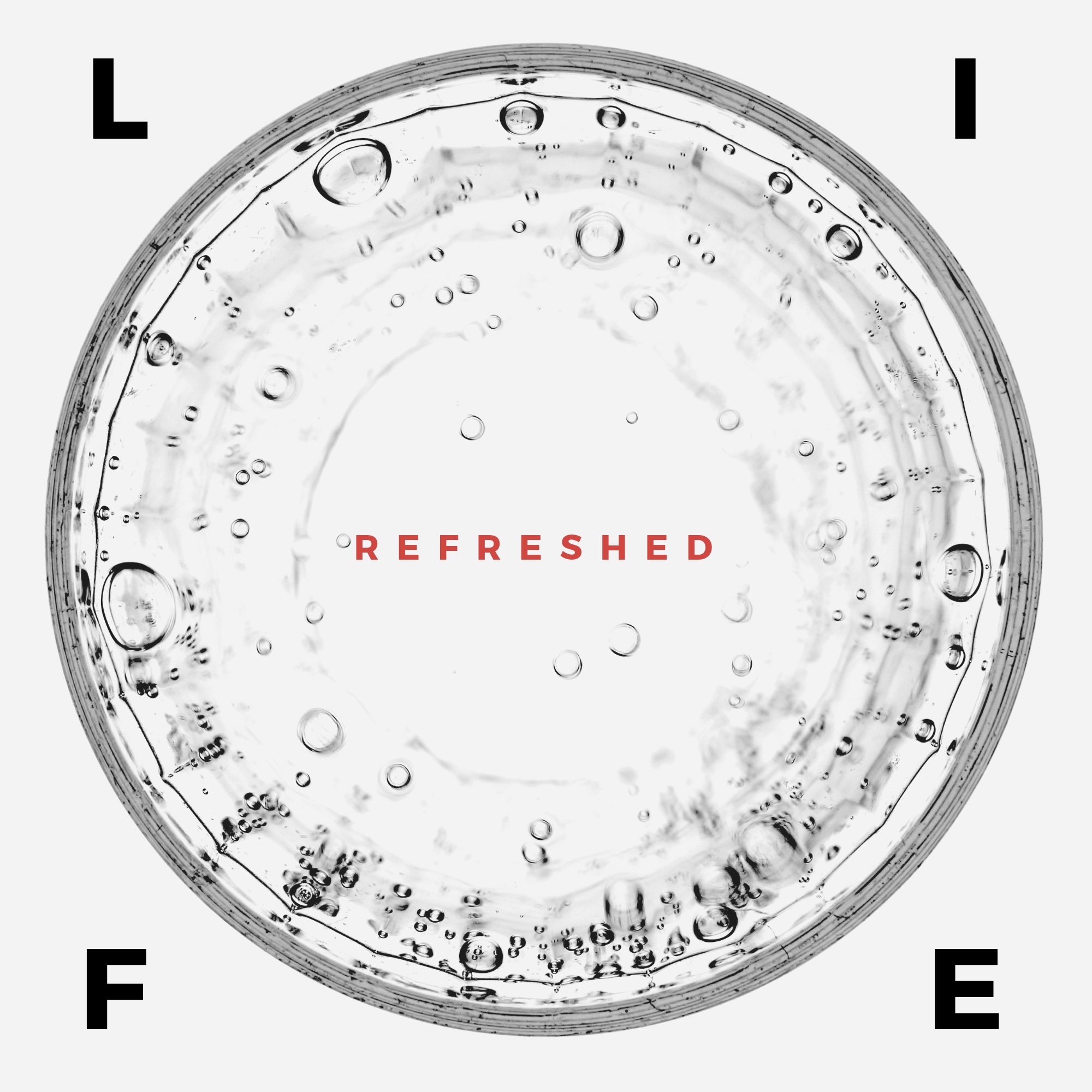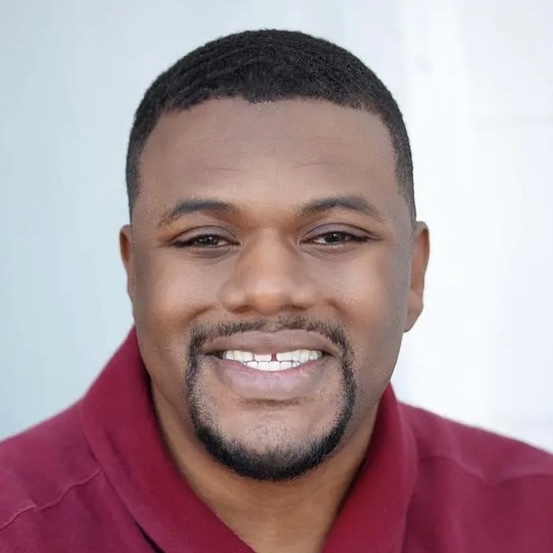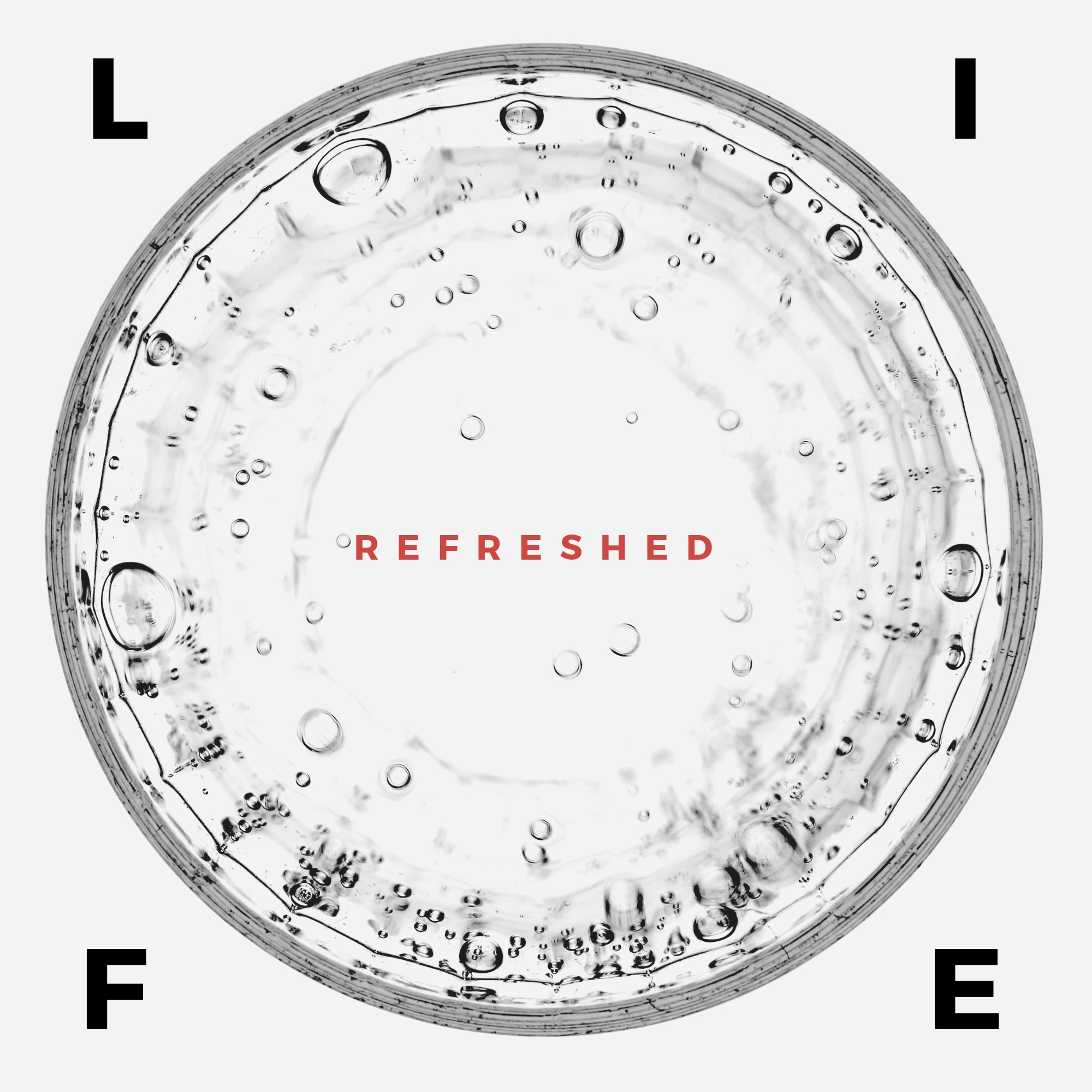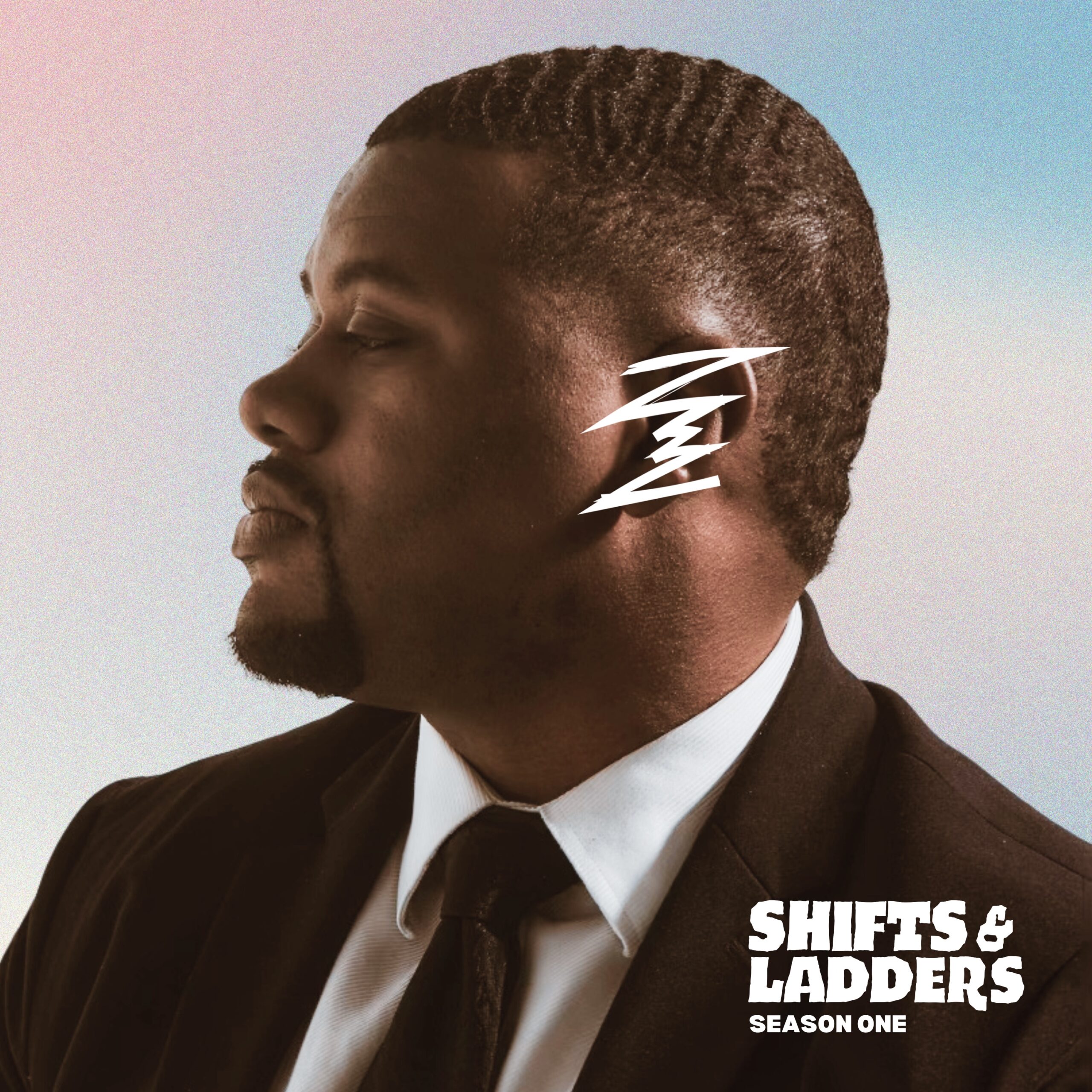Episode Transcript
Speaker 0 00:00:00 Welcome to the Life Refresh podcast. My name is Ryan Robinson, and if you are looking for a podcast that is designed to uplift, encourage and revive your heart, mind, and spirit, you're in the right place. Welcome to the journey of Becoming the version of You God designed from the foundations of the earth. Now, let's begin.
Speaker 0 00:00:26 Hello, welcome back to Life Refresh podcast. I'm so excited to have you back here today. Um, we're gonna be continuing on the topic of, uh, both and, but this one's gonna be either or and actually, um, you could probably call it more of a sabotage of <laugh> yourself with either or as we talked about in the previous podcast. Uh, both and is a mindset that's actually very, very familiar or actually take that back. Unfamiliar to many of us, um, particularly in the western world, we usually do not see, or we usually struggle with dichotomy when it comes to our roles and responsibilities in life. Sometimes we feel like we can't be one or the other, but we have to choose either or. But in reality, we're all something different to someone at different times. You're someone's son as well as child's father, <laugh>. You could be someone's sister as well as be someone's best friend.
Speaker 0 00:01:35 There's this level of dichotomy. There's, you can be a creative as well as be disciplined. There's these things that we literally have so much struggle putting words to defining, and in fact, we feel like these two things don't necessarily intersect well, but actually they do. Uh, they do well because one, there's only one version of you. There hasn't been a you that will never be a person like you ever again. And what's unique about you as an individual is not just the giftings that you have, but is actually the combination by which those giftings are expressed. So you have to, in order to grow or have a growth mindset, in this case, you really would need to understand the do dualistic nature of who you are. Um, I, I think it's just really, really important for us to understand that because of the world that we, we live in, having this either or, or either this or that kind of mindset does a lot of damage to us.
Speaker 0 00:02:39 So I wanna spend some time on it, uh, in this particular teaching because it shows that this could be a, a trap for many of us. So let me speak on this. Um, I talked about this just briefly talking about growth mindset, but either or is really an expression of a fixed mindset. Uh, and it contributes to a core belief that we are either born with intelligence or not, or can either be good at something or not good at something. It's binary. Binary meaning, uh, it's a computer term, meaning one, uh, uh, uh, value, uh, one, sorry. Uh, it is binary and is expressed in like code. So zero one <laugh>, either you have it or you don't. You have it or you don't. Um, and you know what? There are same, there are things that we may not be good at, but it doesn't mean we don't have the capability to do it.
Speaker 0 00:03:33 So what this does, it actually, it does damage to us because this leads us to a cycle of self-defeat. So if we think that our abilities are fixed, we end up thinking that we are less likely to pursue it. We don't even spend time to develop it. And in fact, we don't even believe that our lack of ability can be changed and develop into some ability. So, uh, deep thinking and deep processing of this gives a view that our intelligence is limited. It lets us know that we have, uh, challenges with the way we've been groomed or grown or developed, and we think that it is something that, uh, because we are not good at something or we can't express certain feelings, uh, that we think that certain people group are better or more powerful because of the na, the nature, their genes or the environment they've grown in.
Speaker 0 00:04:33 Uh, we literally put a judgment on those circumstances and label them as good or bad to help us oversimplify the views. This is the key to oversimplify the views of a skill of a people group of a task as one being learnable or two being possible. And actually we believe that they're not possible for us, but may be possible for everyone else. I think this is really important because what we end up doing is we end up thinking that we're smarter <laugh> than God. How crazy is that? The, the infinite being who is all wise, all knowing, we basically limit our thought process and oversimplifying his complex creation, even though it may seem simple, God did some really detailed work on each and every one of us, and in the world we live in, and to oversimplify that is actually dishonoring the creative process of who you are.
Speaker 0 00:05:39 So because we think we don't fit the box or we don't have the pedigree, we just say, ah, I don't have all of them. So because I don't have all of them, I'll just write myself off and try to do something different. So we look for patterns, and that's what I was just really speaking to is, is that because we think that certain individuals, particularly those in areas that we wanted to grow our career in, whether it be speaking, whether it be teaching, whether it be in business, we look for patterns in those individuals. So what we end up doing is we try to see if we have any commonalities with those people. So for a preacher, we'll just use that for an example. Uh, if you're a preacher, you need to be able to recite, memorize scripture. You need to be able to teach or you feel like you should be able to sing in some denominations.
Speaker 0 00:06:36 A singing preacher is actually, is, is a thing. Um, you feel like you need to wear certain clothing or talk in a certain cadence. There are so many things that we try to pattern ourselves off of simply because we think that that's what it requires. And honestly, that's not the case. You might be the person that is being created to break the model, to break what was supposed to be quote unquote, what everyone should be doing. It's so crazy because the way that we sense the world and everything in it is generally some kind of combination of experiences. So there is this book, uh, that I had been reading called The Medici Effect, and The Medici Effect, the main thesis of this book, and this book was written in, uh, 2008, and I'll make sure to link it in the show notes of the podcast.
Speaker 0 00:07:38 But the Medici Effect basically mentions that there's two things that happen when we cross two very distinct industries, skill sets, genres of music, et cetera. So it, it starts off with the fact that everything that has been created has been created. For example, the, the the raw materials, um, like gas plants, water, okay? Those in itself are created items that are here, they're naturally here. Okay? Now, the Medici effects speaks to the fact that there are critical crossroads and combinations that make something. I think I spoke to this, but I wanna really nail it home a bit more with this. The next level of creativity isn't necessarily creating something brand new. We can't create water. Again, water's being created. It is a necessity for life, life for every living, individual, mammal, whatever. Okay? So because we can't do anything different with that because it's simple, it's simplified to this lowest level.
Speaker 0 00:08:52 The next thing that we can do is we can make combinations and new items at the intersection of these two things. So you go to a restaurant and we're going to stick with water. You go to water, you, you, you have a, a dispenser at a restaurant. And what they end up doing is to flavor the water naturally. They put lemon, they put lime, they might put some cucumber in there, and now you have naturally flavored water in your glass. Now, okay, it's not pop, but it is an intersection of fruit and water, which now creates a flavored beverage that you get to enjoy on a summer day, spring day, whatever day you want to have it <laugh>. So life now is a combination of both. And now if I was stuck in an either or mindset, I would not be able to see the fact that I could not mix my water with my fruit.
Speaker 0 00:09:53 I'd say those two things can never touch, and no one ever asks why. It's like having rice crispies and marshmallows. We know together they make a rice crispy treats, but there's some people that just don't want those two even intersect, and they'll never know the goodness of a rice crispy treated <laugh>. So I, I'm just saying this as an example of the fact of how much either or or fixed mindsets keep us away from life's possibilities. Because at certain level, think of a combination lock. There are multiple combinations on a lock, it can be anything, but if you don't exercise any kind of code outside of the one that has been given to you in the box of a, of a lock, you'll just know that that's the only thing and you'll be missing out on a plethora of opportunities. Now, the thing is, because the western mind is highly trained for rational thinking, uh, it, it makes it very difficult to embrace some of these dualistic ideas that really create a paradoxical challenge or influx in our brain.
Speaker 0 00:11:13 There are world religions in particularly, uh, in Christian religion, that actually does away with the fact that we are more than just double. We are a non-dual person. We're both, and we are spirit and flesh. We are mind, body, and spirit. So all three things, just not two things are encompassed in an individual. So that makes it really difficult for us because we can't necessarily label ourselves that way. So, um, the thing is dualistic thinking, which we'll just use that term from now either or versus non-dual thinking both and basically are challenge us to no longer hold opposite concepts together at the same time. It's really difficult to choose one or the other because sometimes you don't know if one of the other works. So you actually have to try both in order to find out if it works for you. Okay? So if we choose that we, we do what we call <laugh>, at least the phrase I've been given over the years.
Speaker 0 00:12:24 It says you cut your nose off to save your face. Let's pause there for a minute. <laugh>, you need your nose, but to save your face, your, you need your nose for your face, right? It's, it's one of these things that we have to get unglued from, unstuck from. And it's simply this. The fact is when you hold two opposing things in either or mindsets, what ends up happening is you will blow your mind trying to figure out is this the right answer or this is not the right answer. Now the thing is, because of our western world mindset, as I was stating before, it is rooted actually in differentiation, being different, standing out comparison, which makes me look at the other person, not necessarily look at my own gifting, and then also splitting apart in doing my own thing. Independence instead of interdependence. These are things that we don't celebrate as well.
Speaker 0 00:13:26 Those songs feel good when you say, I need you, you need me <laugh>, we're one happy family. We don't hear songs. We get songs like that when we're a kid, but when the older we get, we really leverage on the fact that we don't need anyone. So we either choose, we need someone, or we don't need someone, one or the other, not both. And, and it makes it extremely difficult to choose, especially when the opposites aren't so clear. So how do you dismantle either or mindset and seek to get into a both and mindset, you know, this is the hardest thing. You have to be aware of what is happening and then pause and think for yourself. Are the two opposites or is there any way that these two can be compliments? Is it possible that both of the things that are stated about you are true?
Speaker 0 00:14:29 You gotta pause and really take your time on realizing that truth. Can you be a businessman and a preacher? I believe so. Some people don't believe that you have to separate the two. Is it weird for <laugh>? You know, I'm, I'm gonna give a little bit of history here on, on music in the sixties, uh, there are major purveyors of r and b, um, rhythm and blues music. Sam Cook is one very famous one. Ray Charles, as many people know of him. And another gentleman named Jackie Wilson, they called him the black Elvis. And, uh, one of the cool things about these three particular purveyors of r and b music in the sixties, uh, and, and I'm gonna pick on, I'm gonna pick on all of them, but I'm gonna pick on one in this particular, uh, being Ray Charles, uh, Ray Charles, they all, at some point in their lives were a part of a gospel quartet, okay?
Speaker 0 00:15:30 Um, they were, yes, gospel had quartet quartets back in the day. Um, and, and they were good. They were really good, like the temptations, but they're talking about Jesus <laugh>. Um, so that, that is where that, that came from. So when these individuals went on their solo career, they brought what influenced them, which was the church gospel music, and intersected that music into secular songs. Okay? So, uh, Ray Charles played gospel chords in his music, hit like, hit the road. Jack, don't you come back No more, no more, no more, no more. Those chords are our, I can't do it. Ah, I wish I could do it well, but uh, you can check it on YouTube again. I'll put a link in the show notes for you to listen to to it. But, um, the, the thing is, it was those experiences, those sounds that influenced the next move of music, okay?
Speaker 0 00:16:37 And then the next move of music and creativity, all those things was the combination of a previous style of music, now embracing another piece and now making it its own. So there's so many stories, so many things that have led to innovations and growth and creativity and developed new sounds and developed new medicines because we took what we learned before and intersected it with something that's new. And if we literally think of every situation in our life that causes, or in our world that provides an either or mindset and tell me how it went. Racism, for example, is an either or mindset, legalism, either or mindset, sexism either or mindset. The list can go on. But when we start trying to oversimplify something that is actually not really easy to simplify, we lose the humanity in people. We lose the ability to connect authentically and real, because I don't necessarily understand your entire worldview or what you went through in your life, but there is at least a few things that I can connect to with the fact that you might have a brother or a sister, a mother and a father.
Speaker 0 00:18:10 Maybe you didn't know one of 'em, maybe you didn't know any of them. Maybe you went to a same school, maybe you rode the same bike, maybe you liked the same show. I won't get to know that if I write you off and just say, because you don't do something that I like for you to do and I compared it to my current life experiences, you lose out on who I am as a human. And because I lose out on that, I can no longer connect with you. I think that is one of the challenges that gets our government and gets our world all twisted, all turned upside down because we can't put it in a box, we can't label it. And when we have a difficult time labeling something, we demean it and see it as a threat. So the only way to disempower an either or mindset is recognize we live in a both end world.
Speaker 0 00:19:05 We live a non-dualistic life. We can't just limit ourselves. And in some cases, because we think we limit ourselves, it gives us this false sense of control of our own lives, which at the end of the day will make you even more frustrated. So I wanted to just, you know, lay the foundation here for this mindset here both and a growth mindset, either or a fixed mindset. And then you have to decide where do you fit in all this? Where do you fit? Where's your mindset at? Now let me make sure I tell you this. Don't oversimplify. I guarantee there's areas in your life, both ands easy, but there's some areas where either or resides heavily, there's spaces in your life. Take a time to understand, are there areas in my life where both and is prevalent, healthy and residing well? Or are there areas where are either or mindset is set, is uh, rooted?
Speaker 0 00:20:11 And I guarantee the areas that you have the either or in you probably have the most struggle in life. Doesn't need to be like that. I think I know all of us have our creeds, if you will. We all have our chosen paths of what we think is right for us, and that's cool, that's great, that's fine. But I think what we need to do is really examine those areas that we have that either or mindset in and really get to the root cause of it. Because it could be disconnecting you from someone that doesn't look like you, that doesn't have the same experiences as you, or you just have a hard time connecting with them completely. So take some time to evaluate that for yourself. Hopefully this is a good guide for you. With that being said, we'll catch you in the next one.





